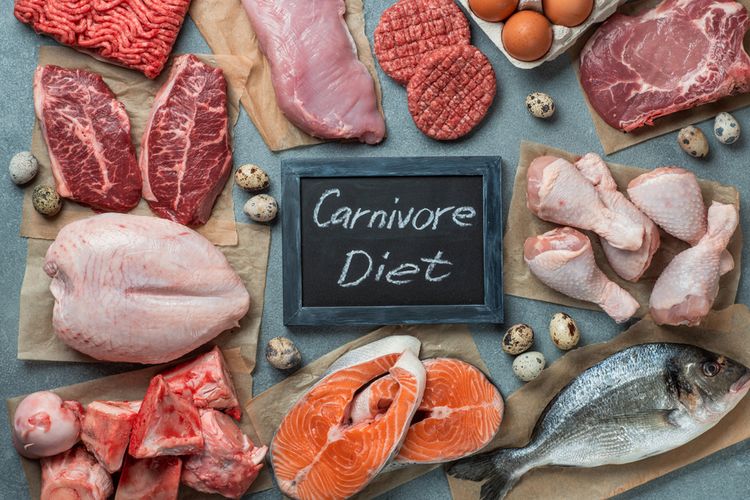Shrimp: Delicious and Nutritious, But With Some Risks
Shrimp is one of the most popular types of seafood. Besides having a delicious taste, shrimp also offers numerous health benefits. However, for some people, consuming shrimp can pose health risks.
When consumed in moderate amounts, shrimp provides many health benefits, such as aiding in the formation of new cells in the body. However, excessive consumption of shrimp can lead to various health issues, including increased cholesterol levels in the blood.
Nutritional Content and Benefits of Eating Shrimp
Shrimp is a nutrient-rich seafood. In 85 grams of cooked shrimp, there are 84 calories and 20 grams of protein. Shrimp also contains essential minerals like calcium, magnesium, phosphorus, potassium, and zinc.
Additionally, shrimp is rich in omega-3 and omega-6 fatty acids, antioxidants, and iodine. Its fat content is relatively low. Here are some of the health benefits of shrimp:
- Cell and Tissue Formation Shrimp contains a lot of protein, which is necessary for the formation of new cells and tissues in the body. Protein is also needed for the production of various enzymes and hormones.
- Thyroid Hormone Production Shrimp contains high levels of iodine, which is a crucial component in the production of thyroid hormones. These hormones play a significant role in the body’s metabolism. Without adequate iodine intake, you risk developing goiter and infertility.
- Bone and Dental Health The calcium content in shrimp is beneficial for maintaining healthy bones and teeth. Calcium also helps muscle function, hormone production, and blood clotting.
- Heart Health Like fish, shrimp is rich in omega-3 and omega-6 fatty acids. These nutrients play an important role in maintaining heart health.
Risks of Eating Shrimp
Despite its many benefits, consuming shrimp also carries some risks that you should be aware of:
- Allergies If you have a seafood allergy, it’s best to avoid eating shrimp, as it can trigger allergic reactions. Symptoms can include itching, nausea, vomiting, stomach pain, dizziness, or swelling around the face and mouth. Allergy treatment should be done immediately to prevent severe allergic reactions (anaphylactic shock).
- Choking Eating shrimp can pose a choking hazard if not careful. Shrimp shells and tails can cause injury or block the airways. Make sure the shrimp you eat is clean and free from these parts.
- Food Poisoning Food poisoning can occur if shrimp is not properly prepared and cooked. Raw or unclean shrimp can contain bacteria that cause food poisoning. Symptoms include headaches, nausea, vomiting, and diarrhea. Often, symptoms do not appear immediately after consumption, making it difficult to realize that food poisoning has occurred.
- High Cholesterol Another issue with eating shrimp is the potential for increased cholesterol levels. A small serving of shrimp contains about 200 mg of cholesterol, exceeding the daily recommended intake. High cholesterol levels can increase the risk of heart disease and stroke. Therefore, limit your shrimp consumption.
Conclusion
Shrimp can provide many health benefits when consumed in moderation. However, those with seafood allergies or high cholesterol should be cautious when eating shrimp. If you experience allergic reactions after eating shrimp, see a doctor immediately for proper treatment.
 Rasanya.com Informasi di Jari Anda
Rasanya.com Informasi di Jari Anda








